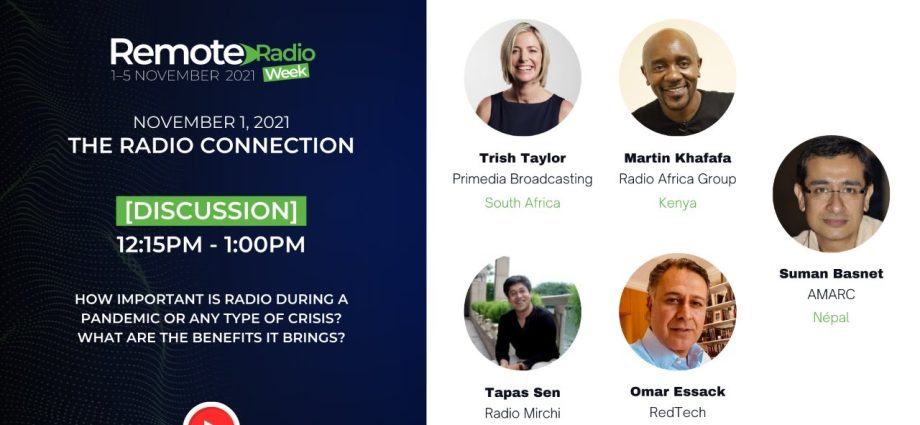The radio industry in the modern world is in an interesting situation. More and more competitors appear in the form of streaming music services and podcasts, but at the same time, radio, although under enormous pressure, continues to hold its position in the market, and in crisis situations it even demonstrates a confident positive trend both in terms of coverage and listening time.
Why does radio remain the main source of information for millions of people? What special role is assigned to music radio today? Numerous studies show that radio has a unique property: to recover as quickly as possible in times of crisis and surpass previous performance.
Radio in crisis: reasons for its popularity
In Russia, during the coronavirus pandemic, according to Mediascope, the duration of listening to the radio increased by 17 minutes. Today, against the backdrop of an unstable political and economic situation, according to a study conducted from March 14 to April 3, 2022, 87% of Moscow residents over the age of 12 continue to listen to the radio for the same amount of time as before, or more.
Free access
One of the reasons for such dynamics, experts say that the radio is free, and access to it is free.
Confidence
Also, radio remains the communication channel that the audience has the most confidence in, which becomes especially important at a time when the media is flooded with fakes. According to a study by the Eurobarometer in Russia Center, radio is trusted by 59% of the population. 24 out of 33 EU countries consider radio the most reliable source of information.
Therapeutic effect
There is another explanation for such popularity of radio. According to studies conducted in March-April this year, 80% of respondents turn on the radio when they want to cheer themselves up. Another 61% admit that radio remains a comfortable background for their life.
Culturologists speak about the huge therapeutic role of music. Doctor of Art History, Doctor of Cultural Studies and Professor of the Moscow Institute of Physics and Technology Grigory Konson sees the influence of music on the emotional sphere of the human soul in this way:
“A piece of music enters into resonance with the emotional experience of a person immersed in a certain psychological state. Music has become a part of everyday life, programming the way of action and, ultimately, life itself. If you correctly use the «musical» help, for your own pleasure, listening, for example, to your favorite songs on the radio, you will almost always be able to systematically improve your worldview and self-esteem.
A special role in this context belongs to music and entertainment radio, in particular, focusing on Russian-language content.
Against the backdrop of instability caused by both the coronavirus pandemic and current events, the audience subconsciously strives for understandable, close content, which helps fight anxiety, find points of support in life, and creates a sense of clarity of what is happening.
“The extent to which people need good, mentally close music, familiar, trustworthy DJs, and most importantly, a simple reminder that everything will be fine, everything will work out, became especially noticeable during the pandemic and is now coming to the fore again,” says the host of Russian Radio, a radio station that broadcasts exclusively Russian-language songs, Dmitry Olenin. It is important for any presenter to feel this need of the audience in you. And we can say that the presenters of Russian Radio now have a really important and responsible role.”
Today’s crisis against the backdrop of sanctions can become a springboard for radio: a trigger that will allow the industry to reach a new level of development. It is only important to see this opportunity.










